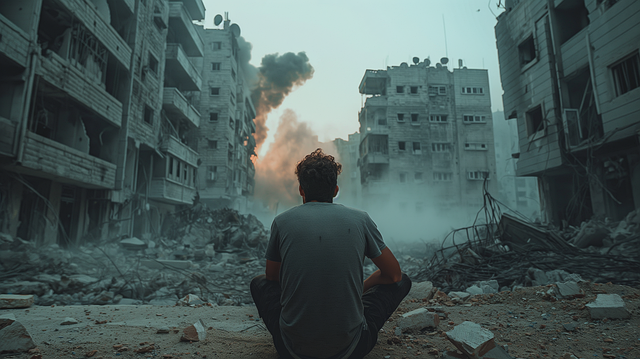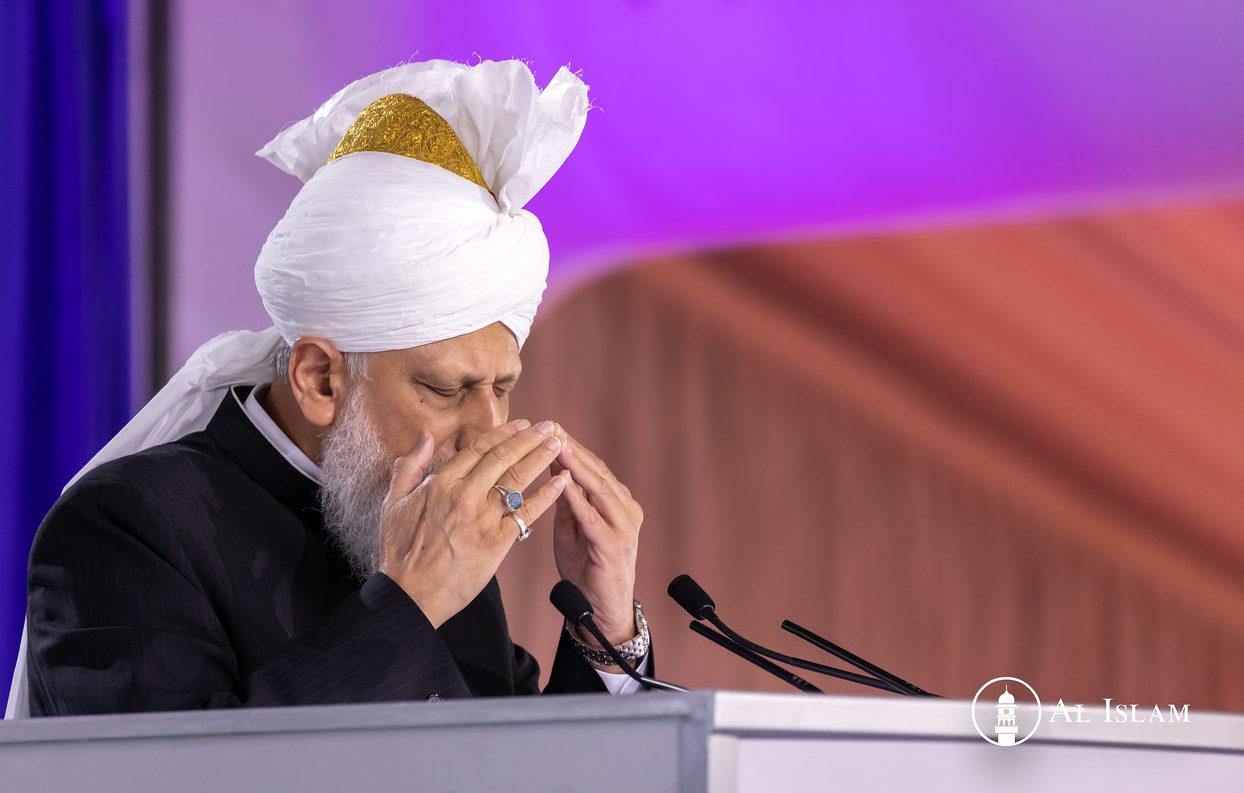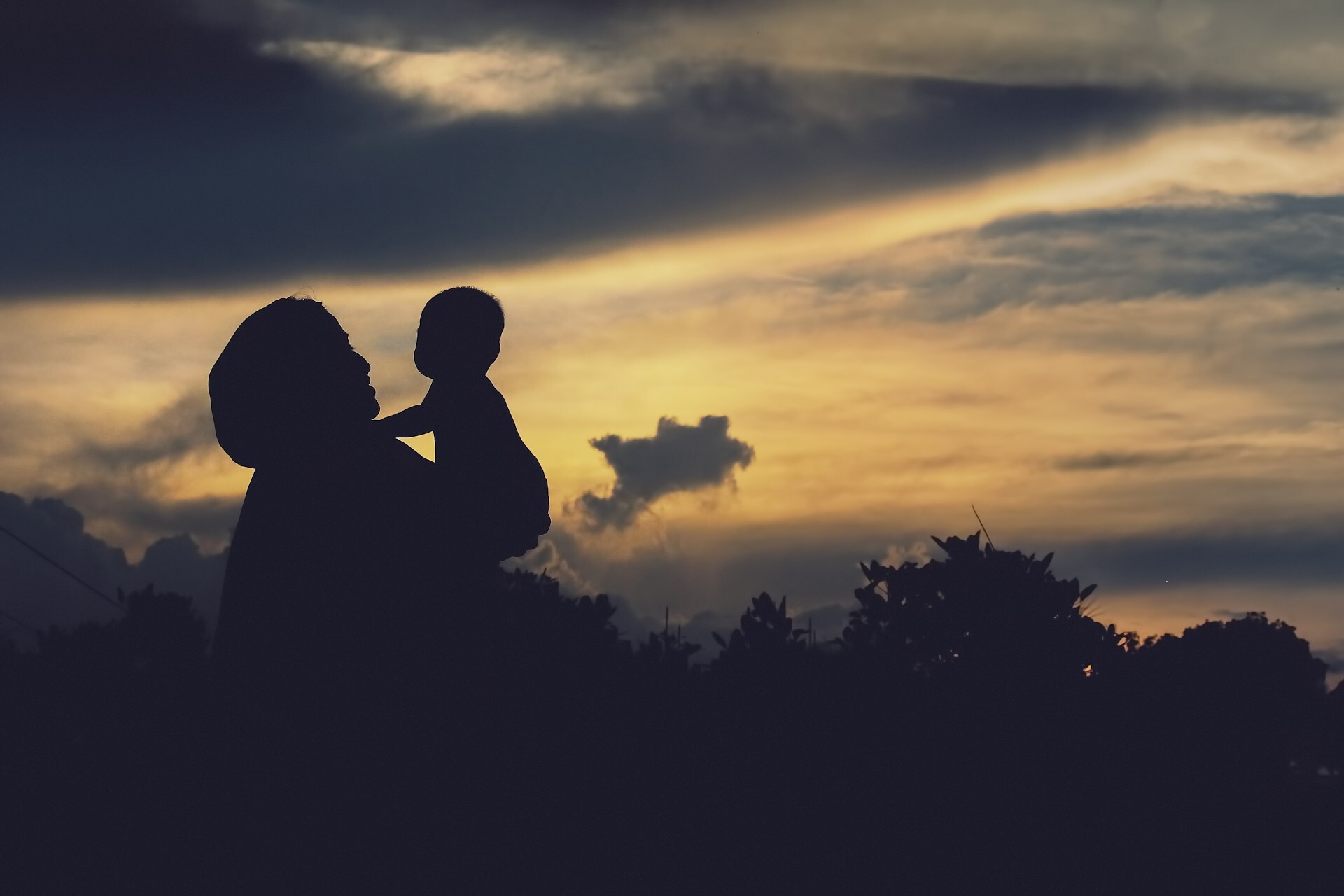For over a month under lockdown, people have forgone many of their social rituals and traditions. However, Muslims had no difficulty observing their religious obligations, even confined in their homes.
HUSAM AHMED SHAFEEQ
APRIL 26, 2020
No congregational prayers. No community Iftars. No get-togethers with family and friends. Ramadan this year is going to be different for Muslims around the globe.
For over a month under lockdown, people have forgone many of their social rituals and traditions. But thanks to the universal nature of Islam, Muslims had no difficulty observing their religious obligations, even confined in their homes.
Similarly, the fundamental purpose of Ramadan, i.e. self-purification, can also be achieved without social meetings and gatherings. However, the greatest concern and the most asked question with respect to this year’s Ramadan is regarding the very essence of this blessed month. Is it not dangerous to fast amidst the Covid-19 crisis?
Undoubtedly, staying healthy has become the most crucial weapon in fighting the virus. Hence, Experts advise proper nutrition and maintaining natural circadian rhythms to defend against Covid-19. Here, adequate nutrition is what casts shadow on the most important practice to be carried out this month. Some have already started advocating a ‘no fasting’ in the current situation. But analysing the facts, we have enough reason to believe that fasting will not be dangerous even in these circumstances.
Sacrifice or blessing?
Islam comprises injunctions that are essential and, at the same time, adequate for the well-being of man. Take, for instance, the Islamic commandment to eat, drink, and not exceed. This teaching is necessary as well as sufficient for a person to remain healthy. Obeying this injunction, a person forgoes whatever he forgoes for his own benefit.
On the contrary, a person fasting sacrifices for God, even the beneficial things which are otherwise lawful to him. Hence, fasting is held in such high esteem in Islam that God says He will be the reward for it.[1]
But does this in any way mean that fasting deteriorates our health? In Islam, all our possessions, including our physical body, are a trust given to us by God. To value them and to take good care of them is a religious responsibility of a Muslim. Hence, it would be against the fundamental principle of Islam to cast ourselves into ruin with our own hands. Given this, a careful study of the effects of fasting on our physical and mental health proves that it is not all about forsaking and suffering but is a blessing in disguise.
Boosting immunity alongside spirituality
According to Alissa Rumsey, an intuitive eating counsellor, now is not the time to try fasting[2]. The proponents of ‘no fasting’ have been warning that fasting during a pandemic would possibly make a person more vulnerable to the disease. However, there are no studies which further establish this point. The Centre for Evidence-Based Medicine in Oxford negated the existence of any evidence to suggest an adverse effect from fasting on healthy individuals[3]. On the contrary, the opposite seems to be true.
Alongside fulfilling the central purpose of stimulating man’s moral and spiritual faculties, fasting comes with many physical benefits and enhances the functioning of the human body in numerous ways. A 2014 study conducted by scientists at the University of South California found that fasting for three consecutive days can regenerate the man’s immune system[4]. The researchers say fasting triggers the production of brand new white blood cells, which are a key component of our immune system. Although this study led by Professor Valter Longo suggests a 72-hour prolonged fasting, newer data shows that you might not have to starve yourself that long to hit the goal. In a more recent paper published in December last year, Rafael de Cabo and Mark Mattson found that eating in a 6-hour period while fasting for as long as 18 hours a day can decrease the incidence of diseases along with increased stress resistance and longevity.[5]
So, does fasting boost our immunity? That is still hard to answer as our immune system is not ‘one thing’ we can easily measure. It is a complex system with different components. But studies definitely prove that fasting increases our overall resistance to diseases.
Cells ‘eating’ themselves
Autophagy, meaning ‘self-eating’, is a biological process in which cells break down their own components and use them for energy. This process has become a subject of increased interest since Yoshinori Ohsumi, a Japanese cell biologist, was awarded the Nobel Prize in Medicine in 2016 for his outstanding research in the field. Autophagy is a vital process that maintains cellular balance and is deeply connected with the pathology of several diseases. This crucial ‘self-eating’ process is also said to protect against infectious, autoimmune, and inflammatory diseases. Scientists have found that fasting for 12 to 24 hours triggers autophagy[6] allowing cells to start the repair and renewal process.
Not even water!
Most studies that favour intermittent fasting do not mention abstaining from drinking water, as in the case of Islamic fasting. Moreover, recent claims about constantly moisturizing the throat and respiratory tract to defend against the Coronavirus have forced many people to reconsider fasting during Ramadan in the given situation.
Although the WHO and health experts advise people to drink plenty of fluids to keep their throat moist, they categorically reject any chance of water intake preventing a person from contracting the new disease[7]. Dr William Schaffner, an infectious disease expert at Vanderbilt University, said that although medical professionals typically recommend keeping up fluid intake when sick, drinking more water will not keep anyone from catching the virus. “It makes one feel better, but there is no clear indication that it directly protects against complications”, Dr Schaffner confirmed.[8]
Moreover, there has been some research on the benefits of dry fasting. In a 2012 study in Nutrition Research, scientists measured the pro-inflammatory cytokines of 50 healthy adults one week before Ramadan, at the end of the third week of Ramadan and one month after Ramadan. Pro-inflammatory cytokines are involved in the body’s inflammatory responses, which is one way the body fights infection. But too much inflammation can lead to various diseases, especially when there is no infection or injury to fight. The study found that pro-inflammatory cytokines were lowest during Ramadan, suggesting reduced inflammation while fasting[9]. This helps the body to prevent many inflammatory diseases.
However, for safe fasting, balancing your nutrition during the non-fasting hours is essential. Usually, people feel compelled to binge after they break their fast. This can have severe consequences and is also against the Holy prophet’s command to leave one-third of the stomach empty[10]. Also, Islam prohibits sick people from fasting.[11]
With respect to the prevailing situation, the Worldwide Head of the Ahmadiyya Muslim Community, Hazrat Mirza Masroor Ahmadaba advised:
“Everyone should assess their own conditions and seek a decision based on their own conscience with pure intentions of the heart and adhering to righteousness [as to how they need to take care of their health].”[12]
Hence, it is incumbent upon a Muslim to truthfully and in a righteous manner decide whether to fast or not to fast.
END NOTES
[1] Sahih al-Bukhari, Kitab as-Saum (Book on Fasting)
[2] Intermittent Fasting May Be a Bad Idea During the Coronavirus Pandemic, According to Experts, 25 March 2020, Insider
[3] Is It Safe for Patients with COVID-19 to Fast in Ramadan?, 22 April 2020, The Center for Evidence-Based Medicine
[4] Prolonged Fasting Reduces IGF-1/PKA to Promote Hematopoietic-Stem-Cell-Based Regeneration and Reverse Immunosuppression, Valter D Longo et al., Cell Stem Cell June 2014
[5] Effects of Intermittent Fasting on Health, Aging, and Disease, Rafael de Cabo and Mark P Mattson, The New England Journal of Medicine 26 December 2019
[6] Short-Term Fasting Induces Profound Neuronal Autophagy, August 2010
[7] Drinking Water Alleviates a Sore Throat. Does This Also Protect Against Covid-19? 7 February 2020, COVID-19 Mythbusters, World Health Organization
[8] Drinking Water Won’t Prevent the Coronavirus, 28 February 2020, AP News
[9] Intermittent Fasting during Ramadan Attenuates Proinflammatory Cytokines and Immune Cells in Healthy Subjects, Moez al-Islam E Faris et al., Nutrition Research June 2012
[10] Sunan at-Tirmidhi, Kitab az-Zuhd (Book on Piety)
[11] Holy Quran 2:185-186
[12] Friday Sermon dated 24 April 2020












0 Comments